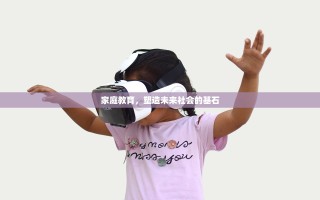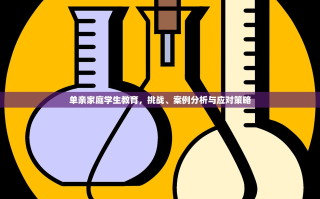This article delves into the contrasting parenting styles between Chinese and Western cultures. Chinese parents are often more authoritarian, emphasizing discipline, hard work, and academic success. They believe in setting high expectations and pushing children to excel. Western parents, on the other hand, tend to be more democratic, valuing individuality, self-expression, and emotional well-being. They encourage open communication and foster independence in their children. The article examines these differences and their potential impact on child development, highlighting the unique strengths and challenges of each parenting approach.
本文目录导读:
- Historical and Philosophical Foundations
- Educational Focus
- Discipline and Communication
- Cultural Identity and Adaptability
- Implications for Child Development
- Conclusion
In the tapestry of global cultures, family dynamics and parenting styles play a pivotal role in shaping the future generation. The differences between Chinese and Western parenting styles are not just a matter of cultural preference but also a reflection of historical, social, and philosophical underpinnings. This article aims to delve into the nuances of these parenting approaches, highlighting their distinct characteristics and the implications they have on child development and family relationships.
Historical and Philosophical Foundations
The Chinese parenting style is deeply rooted in Confucian philosophy, which emphasizes respect for authority, filial piety, and the importance of education. This tradition has been passed down through generations, influencing how Chinese parents raise their children. The focus is often on academic achievement and moral development, with an expectation that children will honor their parents and contribute to the family's honor and success.
In contrast, Western parenting styles have evolved from a variety of philosophical influences, including humanism, individualism, and more recently, attachment theory. Western parents tend to prioritize the emotional well-being of their children, encouraging self-expression, independence, and the pursuit of personal happiness. This approach is often characterized by a more egalitarian relationship between parents and children, where dialogue and negotiation are common.

Educational Focus
Education is a cornerstone of Chinese parenting. Parents often invest heavily in their children's academic success, enrolling them in various extracurricular activities and tutoring to ensure they excel. The belief is that a strong educational foundation will lead to a prosperous future. This approach can be demanding, with high expectations and a focus on discipline and hard work.
Western parents also value education, but the approach is often more balanced. While academic achievement is important, there is a greater emphasis on the development of social skills, creativity, and emotional intelligence. Western education systems often encourage critical thinking and problem-solving, which can lead to a more well-rounded development of the child.
Discipline and Communication
Chinese parents are known for their strict discipline methods, which can include corporal punishment and the use of shame as a tool for correction. Communication is often directive, with parents setting clear expectations and consequences. This approach is believed to instill a sense of responsibility and respect for authority in children.
Western parenting, on the other hand, tends to favor more democratic styles of discipline. Parents are more likely to explain the reasons behind rules and involve children in decision-making processes. This method aims to foster a sense of autonomy and encourage children to internalize values and behaviors.
Cultural Identity and Adaptability
Chinese parenting often involves a strong emphasis on preserving cultural identity. Parents may encourage their children to learn their native language and participate in cultural practices, even if they live in a Western country. This can help children develop a strong sense of heritage and belonging.
Western parents may also value cultural identity, but the focus is often on adaptability and global citizenship. Children are encouraged to learn about different cultures and perspectives, fostering an open-mindedness that can be beneficial in an increasingly interconnected world.
Implications for Child Development
The impact of these parenting styles on child development is complex and multifaceted. Chinese parenting can lead to high academic achievement and a strong work ethic, but it may also result in children feeling pressure and a lack of autonomy. Western parenting can promote self-esteem and creativity, but it may sometimes lead to a lack of discipline or a sense of entitlement.
Conclusion
The differences between Chinese and Western parenting styles are not simply a matter of right or wrong, but rather a reflection of the diverse values and beliefs that shape our world. As global interactions increase, it is essential to recognize and respect these differences, understanding that each approach has its own merits and challenges. Parents, educators, and policymakers must navigate these complexities, striving to create environments where children can thrive, regardless of their cultural background.
In conclusion, the dichotomy between Chinese and Western parenting styles is a rich tapestry of cultural, historical, and philosophical differences. By understanding these nuances, we can foster a more inclusive and empathetic global community, where children from all backgrounds are nurtured and prepared for the challenges of the future.








还木有评论哦,快来抢沙发吧~